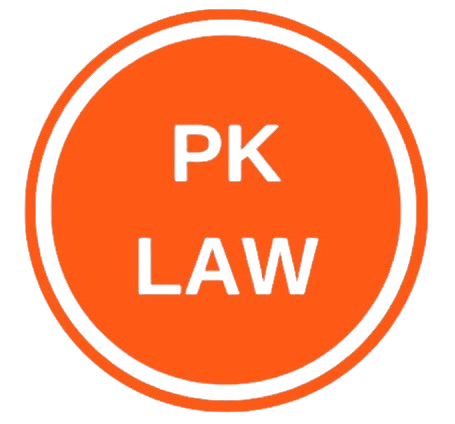How do we pay for a nursing home or care at home?
What happens when we age and we need more help?
If you’re fortunate, you will age. While aging looks different for us all, there are certain situations we must all consider:
What happens if I need an aide or someone to come to my house and help me with dressing, bathing, and other activities of daily living?
What happens if I get sick and I need to go into a facility, like a nursing home?
How much does this cost? How will I pay for it?
Medicare doesn’t pay for it!
It does not cover custodial care.
Contrary to popular belief, Medicare does NOT pay for an aide to care for you in your home.
Medicare does not pay for a nursing home for long term care purposes. Custodial care is NOT covered by Medicare – meaning Medicare doesn’t pay for it and YOU have to pay for it.
Medicaid, however, may offer assistance through Florida’s Institutional Care Program or its Assisted Living Facility Medicaid Waiver Program.
So, what does this look like in Florida?
Medicaid can help with two different scenarios – home services or assisted living facilities and nursing home coverage. There are medical and financial eligibility requirements to qualify for Medicaid.
Eligibility for LTC Medicaid
Obviously, there are requirements to qualify for Medicaid. Here are some basic rules and explanations:
Assets:
An institutionalized spouse (the one in the nursing home) cannot have more than $2,000.00 in countable assets. The community spouse (the one NOT in the nursing home) can keep $148,620.00 in 2023. Keep in mind this figure changes each year.
A person without a spouse can only have $2,000.00 in countable assets.
So, basic rule is you cannot have more than $2,000.00 in countable assets to qualify for Medicaid.
Income:
Income limit for medicaid applicant = $2,742.00
So, if the applicant’s income is higher than this amount he won’t qualify UNLESS we do a special type of trust, called a Qualified Income Trust or a Miller Trust. This special trust basically handles the excess income over the income cap. The trust is irrevocable and the funds in this trust can be used to pay for the person’s medical and nursing home expenses.
The non-institutionalized spouse (the one at home and NOT in the nursing home) is entitled to get a monthly maintenance needs income allowance not exceeding $3,715.00.
Why is this important?
Think about a situation in which Husband has the higher income of $4,000.00.
Wife has an income of $1,500.00.
When they were both at home, they used the $5,500.00 of joint income to pay for their joint living expenses.
However, if the Husband now goes to a nursing home, his income must be paid to the facility.
This means that Wife now only has $1,500.00 of income to continue paying for her living expenses at home!
That can be incredibly difficult or impossible to manage for most couples - but we can help!
There are ways we can shift some of the the Husband’s income to the wife to help with her living expenses.
Let’s see how this works with the following example:
Harry and Wanda are married. Unfortunately, Harry has a stroke and it is determined that he needs to stay in a nursing home because it is not safe or possible for him to return home. The nursing home will cost over $10,000.00 every single month.
Harry and Wanda have worked their whole lives. They own the following assets:
Home worth $350,000.00
1 car worth $17,000.00
Savings $230,000.00
Harry has an income of $4,000.00 and Wanda has an income of $1,500.00.
Harry needs to get on Medicaid but he does not qualify because his income is too high and he has too many assets. This is where people need to get advice from people who actually know what they are doing. Some people may not know that with proper planning we can protect Harry and Wanda’s assets and secure medicaid eligibility for Harry. There is a lot of misinformation out there and it is vital that people engage in Medicaid planning correctly.
Even though Harry is over in income and over in assets, we can help! We can secure Medicaid benefits for Harry and protect assets for Wanda as well.
Plan correctly!
There is a right way and a wrong way to plan. Plan correctly - you save time, money, frustration and you protect your loved ones.
We have helped countless families during very difficult times. There are a ton of rules for these programs. Just know that we can help protect your assets and make sure your loved one receives vital benefits to assist with the soaring costs of long term care. Your job is to make sure your loved ones are protected and receiving the best care possible. Our job is to do the work to ensure your loved one receives the benefits to which they are entitled, to protect your assets, and to give you peace of mind during an extremely stressful and difficult time.



